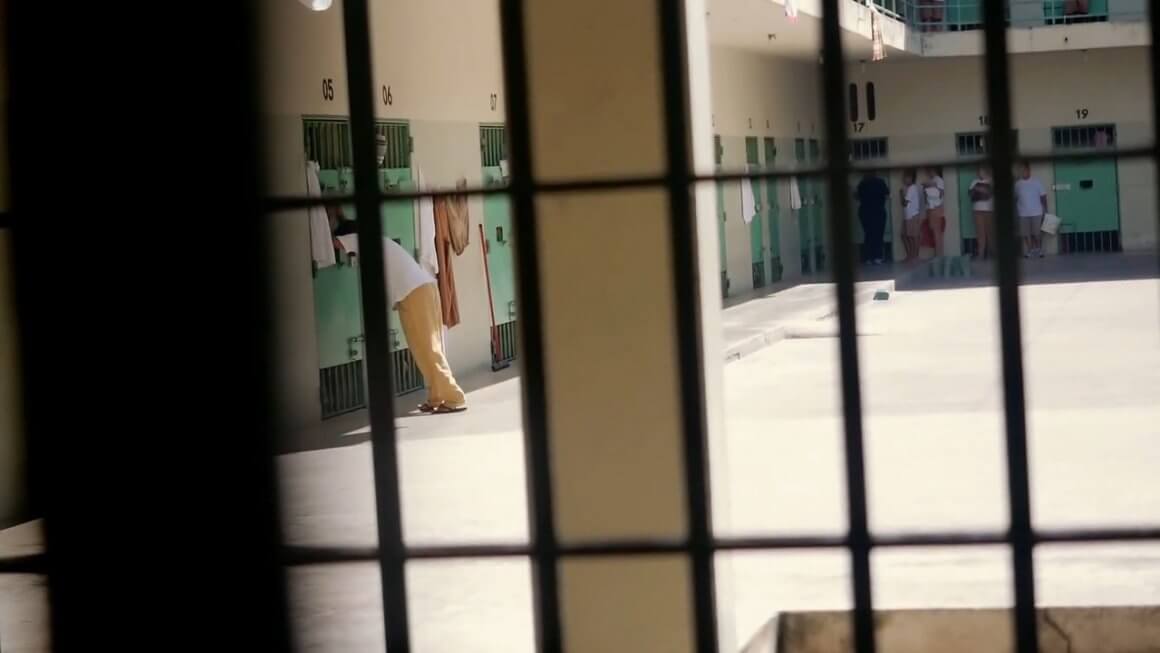Humanitas360’s lawsuit stops privatization of penitentiaries in São Paulo
In October, Humanitas360 issued and won a lawsuit at the State Court of Audit in São Paulo in order to temporarily suspend the licitation for privatization of four detention centers of the state. Besides this progress, another lawsuit is being carried out in the State Court of Justice by the Public Defense, IBCCRIM (Brazilian Institute for Criminal Sciences), Terra, Trabalho e Cidadania Institute and Conectas Human Rights – H360 is joining it as Amicus Curiae.
The representations question technical irregularities in the licitation, such as the lack of transparency in public hearings and other matters affecting the sense of inmate recuperation for life in society. The licitation states, for example, that the winning group would be allowed to exploit the work of inmates to maximize their profit, also stipulating that the company would be paid according to the number of inmates/day, allowing for 17% of overcrowding in each pavilion. The whole idea behind the concession is, therefore, that the more people are incarcerated, larger will the profit be for the winner company, following the mass incarceration logic.
Other issues approached by the lawsuits are the lack of competitiveness of the licitation and the illegality of transferring exclusively public functions to the winning company, such as security, discipline in the detention centers, and medical, psychiatric, psychological, and social assistance.
Since 2018 Humanitas360 has been implanting inmate cooperatives in two penitentiaries in Tremembé. The idea behind this was to stimulate entrepreneurship and to reduce recurrence indices – return to detention centers – by consolidating socially engaged companies. Managed by the own inmates, they could become sources of income during reclusion and also after their reintroduction to society.
In June these cooperatives ceased their operations due to a suspension determined by the Penitentiary Administration Secretariat of São Paulo. The allegations, though little convincing, outshone the fact that the formation of autonomous cooperatives questioned the notice supporting the exploitation of inmate workforce. The social organizations put forward a working logic contrary to the one regarding labor as another form of punishment, understanding the trade as a means to recover freedom and avoid criminal recurrence.
Tradução: Pedro Brener

